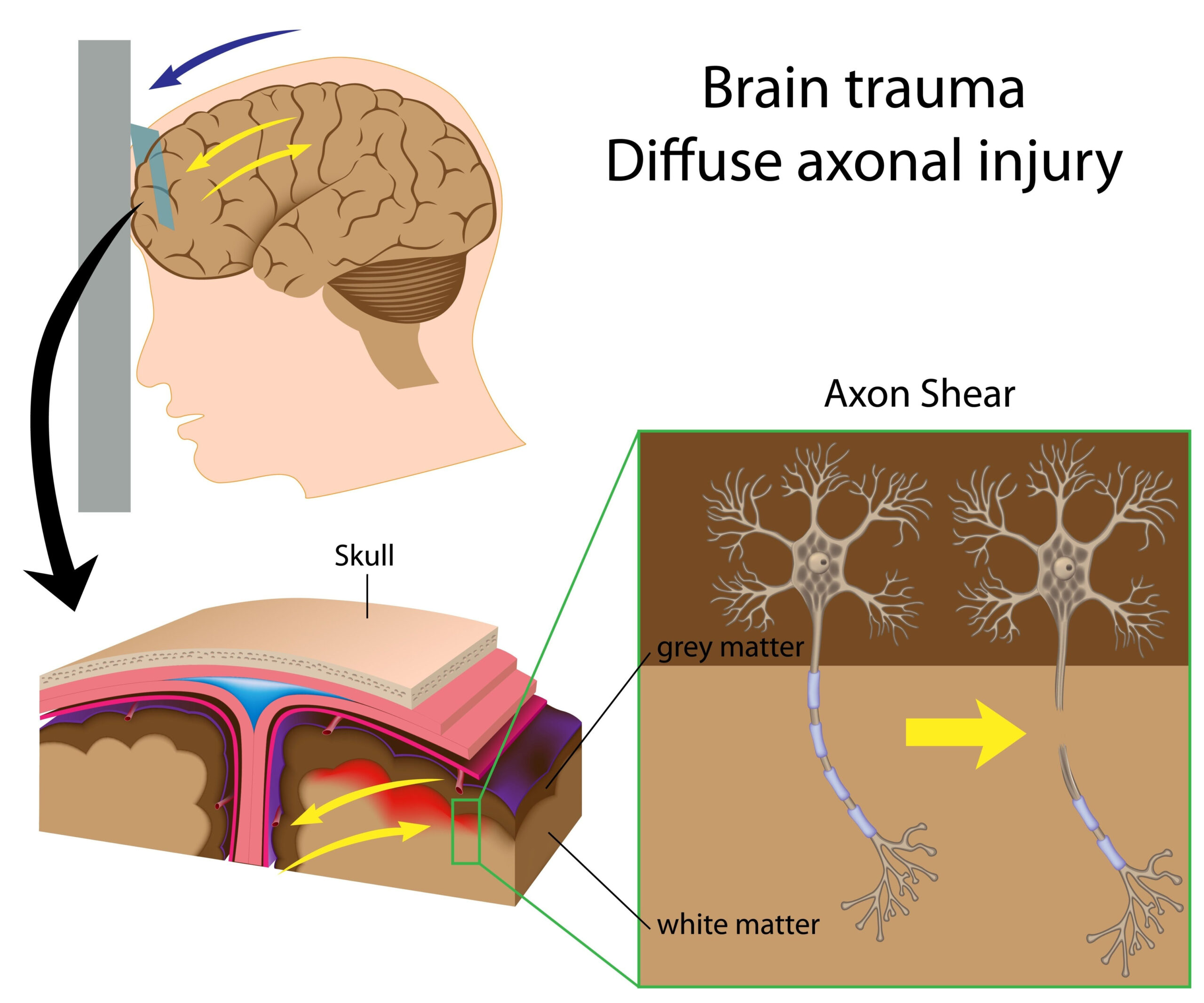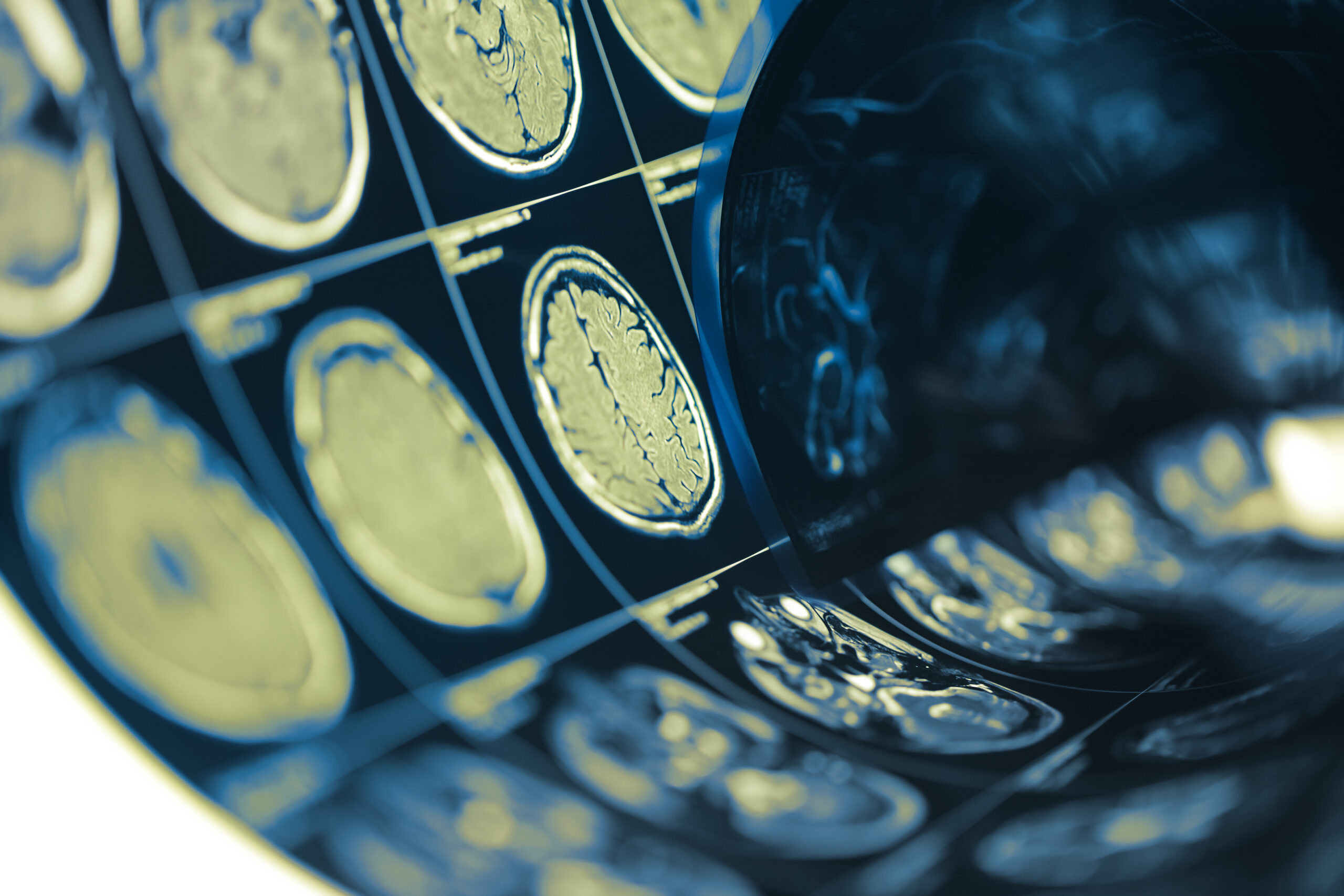Supplementation Strategies in Concussion Care
Various nutritional strategies have been proposed as adjuncts to traditional concussion management protocols, emphasizing the potential role of dietary supplements in supporting recovery and optimizing brain health. When someone suffers a concussion, the body undergoes a complex series of neurobiological processes, including inflammation and oxidative stress, which can hinder recovery. To combat these effects, certain dietary supplements are considered for their neuroprotective properties.
One of the prominent supplement categories involves antioxidants, which are substances that can prevent cell damage caused by free radicals. Omega-3 fatty acids, commonly found in fish oil, are particularly highlighted for their anti-inflammatory effects. Research suggests that these fatty acids can enhance membrane fluidity and promote neurogenesis, potentially aiding in the repair of neuronal tissue after injury (Losso et al., 2021).
Vitamins and minerals also play critical roles in brain health. For instance, B vitamins, especially B6, B12, and folate, are crucial for proper neurotransmitter synthesis and hematological health. Deficiencies in these vitamins can exacerbate neurological impairment following a concussion (Boehme et al., 2022). Moreover, vitamin D has garnered attention for its involvement in brain function and mood regulation, which is particularly relevant as mood disturbances are common post-concussion.
Another emerging area of interest is the supplementation of creatine. Often associated with athletic performance, creatine may also provide neuroprotective benefits by aiding in energy metabolism in brain cells. This is vital following a concussion, given that energy deficits can lead to prolonged symptoms and delayed recovery (Zhang et al., 2020).
Additionally, certain herbal supplements have been investigated for their potential therapeutic effects in concussion management. For example, curcumin, an active ingredient in turmeric, has shown promise due to its anti-inflammatory and antioxidant properties. Preliminary studies indicate that curcumin may mitigate inflammation and oxidative damage following traumatic brain injury (Small et al., 2018).
It is essential for practitioners to consider individual patient profiles when recommending dietary supplements as part of concussion care. Factors such as the severity of the injury, existing health conditions, and ongoing medications can influence both the effectiveness and safety of these supplements. Therefore, a tailored approach, preferably in consultation with a healthcare professional, is advisable to ensure appropriate and effective integration of dietary supplementation into concussion management strategies.
While the potential benefits of supplementation in concussion care are apparent, the evidence base remains relatively nascent and calls for further, more extensive studies to identify optimal dosages, timing, and combinations of supplements that may yield the best outcomes for patients recovering from concussions.
Data Collection and Analysis Methods
To evaluate the role of dietary supplementation in concussion management effectively, a robust framework for data collection and analysis must be employed. The systematic review process begins with the meticulous selection of studies that meet predefined inclusion criteria. Typically, studies considered for inclusion are those that evaluate the effects of specific nutritional interventions on concussion outcomes, such as symptom severity, recovery time, and overall cognitive function.
Data sources often encompass randomized controlled trials (RCTs), observational studies, and case studies to provide a comprehensive overview of the existing literature. The use of databases such as PubMed, Cochrane Library, and Scopus is common in the initial stages of research. These databases provide access to peer-reviewed articles, which allow researchers to identify relevant studies discussing various supplementation strategies.
Once suitable studies are identified, each study’s methodological rigor must be assessed. Important factors include the sample size, the specific outcomes measured, blinding methods, and the statistical analyses used. In particular, the quality assessment tools, such as the Cochrane Risk of Bias tool or the Newcastle-Ottawa Scale, can be instrumental in evaluating the potential for bias and the overall reliability of the studies.
The data extraction phase involves gathering relevant information from each study, including participant demographics, types of dietary supplements used, dosages, duration of supplementation, and outcomes measured. This step is crucial for comparing the efficacy of different interventions across studies. For instance, researchers will look at how many subjects reported an improvement in symptoms after a specific supplement intervention versus a control group.
Statistical techniques play a critical role in analyzing the collected data. Meta-analyses are often utilized, permitting researchers to synthesize data from multiple studies to enhance statistical power and derive more generalizable conclusions about the efficacy of supplementation in concussion care. Through these analyses, researchers can identify trends, such as the average effect size of specific supplements on recovery metrics.
Furthermore, subgroup analyses may be conducted to explore variations in response based on factors such as age, sex, and injury severity. This granularity can reveal important insights into how different populations might benefit from dietary interventions, thus paving the way for more personalized treatment approaches.
Finally, the interpretation of results must be done cautiously, recognizing potential confounding variables that could impact outcomes. For example, participants in a study may have varying levels of physical activity, dietary habits, or pre-existing health conditions that could influence both their recovery trajectory and response to supplementation. Consequently, sensitivity analyses might be employed to gauge how robust findings are to such variations, further ensuring the validity of the conclusions drawn.
In summary, the comprehensive data collection and analysis methods are pivotal in drawing reliable conclusions about the efficacy of dietary supplements in concussion management. By employing rigorous study selection, thorough data extraction, and sophisticated statistical analyses, researchers can contribute valuable insights to the ongoing discussion on optimizing recovery strategies for individuals suffering from concussions.
Efficacy of Nutritional Interventions
The investigation into the efficacy of nutritional interventions in the context of concussion management reveals encouraging results, although the landscape remains complex and requires careful interpretation. Numerous studies have begun to explore how specific dietary supplements may influence recovery outcomes, yielding a spectrum of findings that underscore both the potential benefits and the need for further research.
One of the most widely studied areas is the role of omega-3 fatty acids in promoting brain health after concussive injuries. These essential fats have demonstrated anti-inflammatory properties, which may be beneficial in mitigating the secondary damage that often follows an initial concussion. According to various clinical trials, supplementation with omega-3s—particularly those derived from fish oil—has been linked to improved cognitive function and reduced symptom severity in patients recovering from concussions. The anti-inflammatory mechanisms involved may help protect neuronal integrity and usher in a more effective healing process (Losso et al., 2021).
Moreover, the contribution of various B vitamins—especially B6, B12, and folate—cannot be overlooked. These vitamins are integral in neurotransmitter synthesis, which is critical for proper brain function. Research indicates that deficits in these nutrients can lead to prolonged symptoms or exacerbated neurological issues post-injury (Boehme et al., 2022). For instance, a study examining the effects of vitamin B supplementation on recovery timelines found that participants receiving adequate levels exhibited significantly faster resolution of cognitive and physical symptoms compared to those who were deficient.
Vitamin D has also emerged as a noteworthy contender due to its potential role in neurological health and mood stabilization. Given the correlation between mood disturbances and concussion recovery, the implications of vitamin D supplementation become particularly pertinent. Research suggests that sufficient vitamin D levels may not only enhance mood but could also play a protective role in cognitive health following a concussion, highlighting its key function in brain-related pathways.
Another area of growing interest is creatine supplementation. Traditionally viewed through the lens of athletic performance enhancement, creatine’s neuroprotective properties are attracting attention for concussion management. Studies suggest that creatine can help restore energy balance in brain cells, which often suffer energy deficits after trauma. Therefore, supplementation may support recovery by ensuring adequate energy availability during the healing process (Zhang et al., 2020).
Herbal supplements, specifically curcumin, have also been investigated for their anti-inflammatory and antioxidant capabilities, which seem to counteract post-concussive symptoms. Initial studies indicate that curcumin can cross the blood-brain barrier and potentially offer protection against inflammation and oxidative stress typically exacerbated by a concussion (Small et al., 2018). However, while these preliminary findings are promising, the evidence base is still in its early stages, necessitating more rigorous trials to confirm these effects and determine appropriate dosing strategies.
The responses to these nutritional interventions appear to be influenced by various factors, including the individual’s baseline nutritional status, lifestyle factors like physical activity, and even genetic predispositions. Consequently, it is crucial for healthcare providers to consider a multifaceted approach when recommending supplementation. Tailored strategies that account for individual patient profiles stand to maximize the potential benefits of nutritional interventions in concussion management.
One significant takeaway is that while some dietary supplements show promise in aiding recovery from concussions, the current evidence should be viewed as a part of a broader, integrative approach to care. The variability in study designs, populations, and outcomes necessitates a comprehensive understanding of the nuanced relationship between nutritional interventions and recovery trajectories. As researchers continue to unravel the complex interplay of dietary factors in concussion management, future investigations will be instrumental in establishing more concrete guidelines on the use of specific supplements in clinical practice.
Future Research Directions
As the field of concussion management evolves, it becomes increasingly evident that comprehensive research is essential to develop effective dietary supplementation protocols. Future studies should prioritize several key areas to enhance our understanding of how nutritional interventions can support recovery from concussions.
First, large-scale randomized controlled trials (RCTs) are necessary to establish definitive links between specific dietary supplements and recovery outcomes. These studies should aim to include diverse populations—taking into account variables such as age, sex, activity level, and the severity of the concussion. Stratifying participants can help uncover potential differences in how subgroups respond to various supplements, ultimately informing personalized treatment approaches. For instance, younger athletes may have different nutritional needs compared to older adults, particularly in terms of recovery times and overall metabolic responses.
Second, research should explore optimal dosages and timing for supplementation. While preliminary evidence suggests certain nutrients may be beneficial, the specific amounts required to achieve therapeutic effects remain uncertain. Investigating these parameters will be key to refining supplementation guidelines. Studies that assess the timing of supplementation—whether during acute phases of concussion or as a long-term recovery strategy—could yield insights into the most effective protocols for different stages of healing.
Additionally, the mechanisms by which dietary supplements exert their effects need further elucidation. For instance, while the anti-inflammatory properties of omega-3 fatty acids are well-documented, the exact pathways through which these fatty acids influence neuroprotection and recovery remain to be fully characterized. Understanding these mechanisms could guide the development of new supplements or combinations of supplements that maximize therapeutic potential. Exploring the interactions between various nutrients may also reveal synergistic effects that could enhance overall recovery outcomes.
Interdisciplinary research is vital to expand our knowledge base. Collaboration between nutritionists, neurologists, and sports medicine specialists can foster innovative studies that address both the biochemical and functional aspects of concussion management. Furthermore, incorporating qualitative research methods, such as focus groups or interviews with patients, can provide valuable insights into personal experiences with dietary supplements and recovery. This could inform the development of holistic care approaches that address not just the physiological aspects of recovery but also the psychological and emotional factors often associated with concussions.
Finally, longitudinal studies that track the long-term effects of dietary supplementation on both concussive and non-concussive brain health would provide critical data for evaluating the sustained impact of nutritional interventions. Given the growing recognition of the cumulative effects of head injuries, understanding how certain supplements might contribute to overall brain health beyond the immediate aftermath of a concussion is essential.
In summary, the avenues for future research are as varied as they are promising. By addressing gaps in knowledge regarding optimal supplementation strategies, mechanisms of action, and personalized interventions, the scientific community can significantly advance the role of dietary supplements in concussion management. Emphasizing rigorous designs, interdisciplinary collaboration, and patient-centered approaches will be fundamental as we seek to leverage nutrition as a powerful tool in promoting recovery from concussive injuries.


